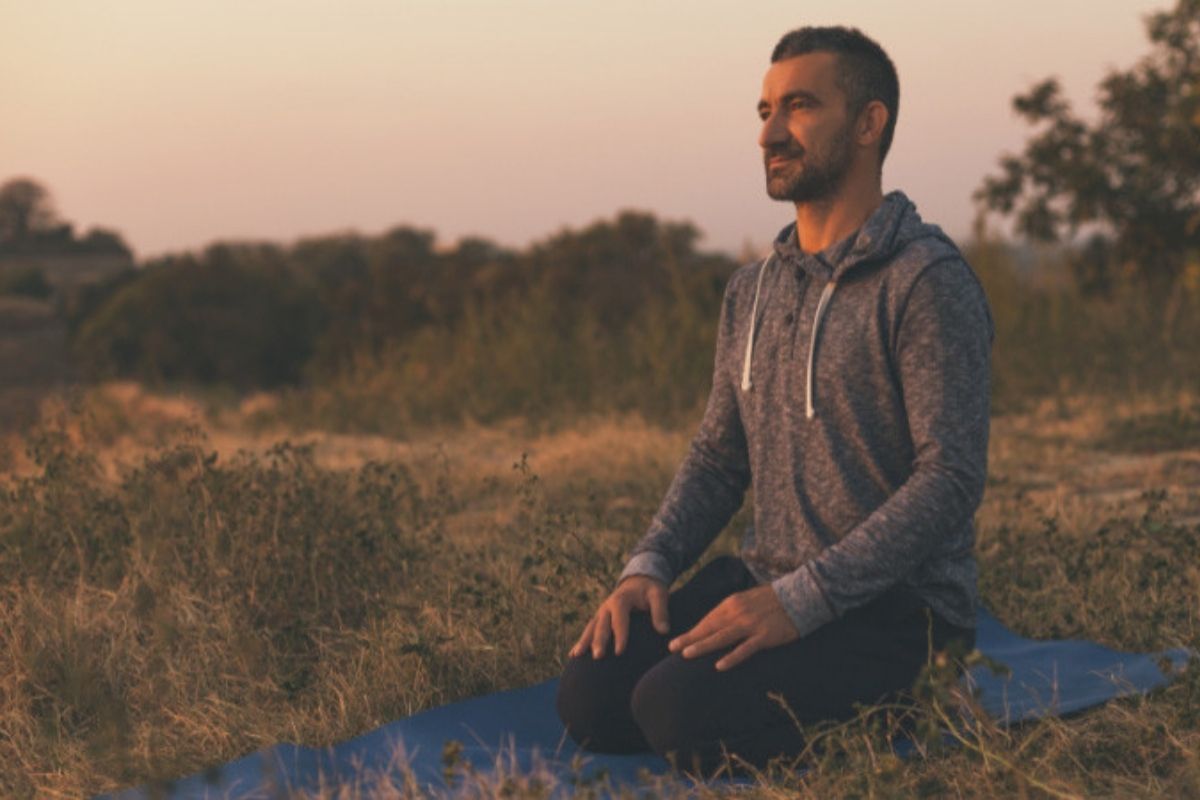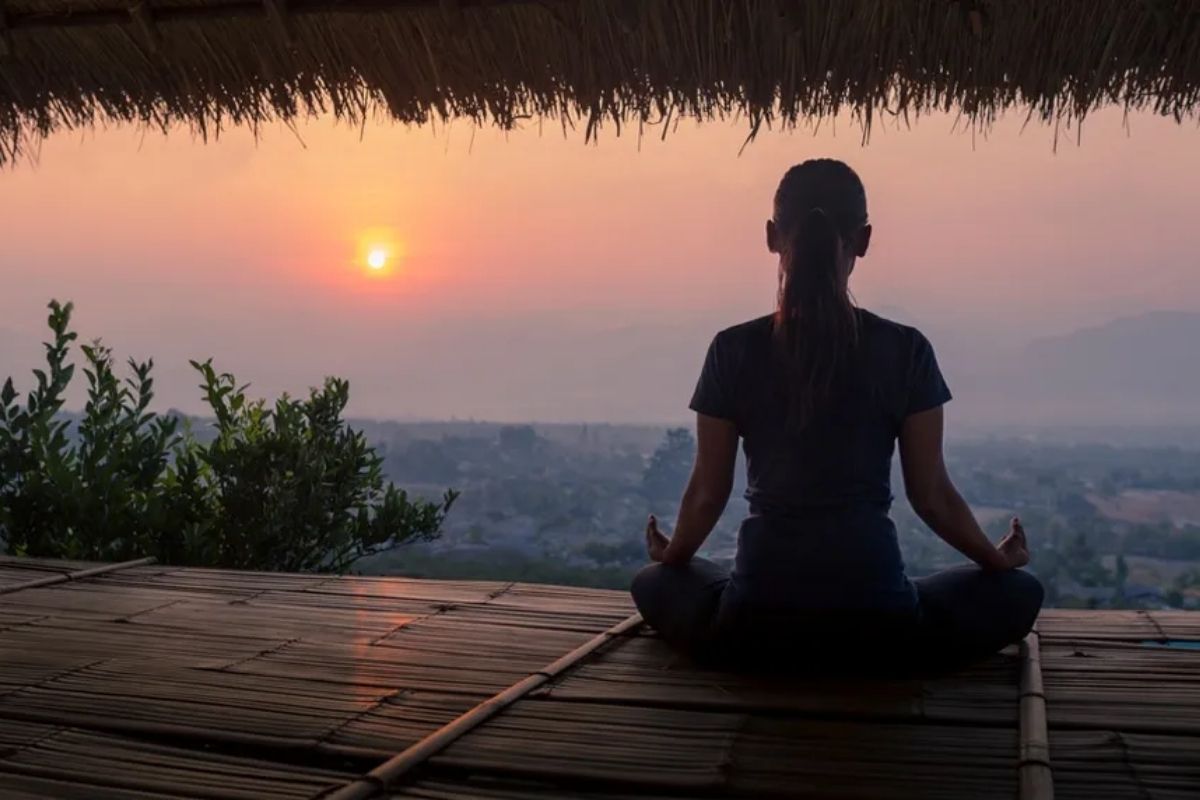In a world filled with constant notifications, buzzing devices, and never-ending conversations, silence has become a rare luxury. Silent retreats offer a powerful way to step away from the noise, embrace stillness, and reconnect with yourself on a deeper level. Whether nestled in the mountains, by the ocean, or deep in the forest, these retreats provide a unique travel experience that prioritizes mindfulness, self-reflection, and inner peace.
1. What Is a Silent Retreat?
A silent retreat is a getaway designed to help participants disconnect from the external world and turn their focus inward. These retreats vary in length, setting, and structure, but they all share a common goal: eliminating distractions to foster deep self-awareness and mental clarity.
A. The Core Principles of Silent Retreats
- No speaking: Participants refrain from verbal communication to cultivate mindfulness.
- No digital devices: Phones, laptops, and even books are often discouraged to maintain focus.
- Guided meditation and mindfulness practices: Daily sessions help enhance self-awareness.
- Connection with nature: Many retreats are held in serene, natural environments to promote relaxation.
B. The History and Origins
Silent retreats have roots in ancient spiritual traditions, including Buddhism, Hinduism, and Christian monasticism. Today, they have evolved into secular and wellness-focused experiences that cater to individuals seeking stress relief and mental clarity.

2. Why Choose a Silent Retreat?
With busy schedules and constant digital noise, many travelers seek experiences that provide a deeper sense of well-being. Here’s why silent retreats are gaining popularity:
A. Mental Clarity and Stress Reduction
- Silence allows the mind to slow down, reducing anxiety and mental fatigue.
- Absence of distractions fosters deep thinking and problem-solving abilities.
B. Improved Mindfulness and Awareness
- Participants become more aware of their thoughts, emotions, and surroundings.
- Mindful breathing and meditation techniques enhance focus and presence.
C. Deep Emotional and Spiritual Growth
- Silence helps individuals process emotions and gain insights into their lives.
- Many report feelings of heightened intuition and creativity after a retreat.
D. Better Sleep and Overall Health
- Reduced screen time and exposure to natural surroundings improve sleep quality.
- Detoxing from digital devices can lower cortisol levels and enhance relaxation.

3. Top Silent Retreat Destinations Around the World
Looking for the perfect silent retreat? Here are some of the most renowned destinations:
A. Plum Village (France)
Founded by Zen master Thich Nhat Hanh, this Buddhist retreat offers mindfulness practices in the peaceful French countryside.
B. Vipassana Meditation Centers (Worldwide)
With centers in various countries, Vipassana retreats provide a rigorous 10-day silent meditation experience.
C. Spirit Rock Meditation Center (USA)
Located in California, this retreat offers silent mindfulness meditation with a strong focus on self-awareness.
D. Ananda in the Himalayas (India)
A luxurious retreat blending silence with Ayurvedic healing and yoga in the serene Himalayan foothills.
E. Bali Silent Retreat (Indonesia)
A nature-immersed experience with rice fields, organic meals, and deep meditation practices in Bali’s lush landscape.
4. How to Prepare for a Silent Retreat
Before embarking on a silent retreat, some preparation is necessary to fully embrace the experience.
A. Set Clear Intentions
- Ask yourself why you want to attend a silent retreat.
- Define personal goals, whether it’s relaxation, mental clarity, or spiritual growth.
B. Gradually Reduce Screen Time
- Start limiting social media and digital consumption before the retreat.
- Practice mindfulness exercises to ease into the silent experience.
C. Prepare for Discomfort
- The first few days of silence may feel uncomfortable, but this is a natural adjustment.
- Journaling (if allowed) can help process thoughts and emotions.
D. Bring the Right Essentials
- Comfortable clothing for meditation and relaxation.
- A journal (if permitted) to note personal reflections.
- Herbal teas or natural supplements to aid relaxation.
5. What to Expect During and After a Silent Retreat
A. During the Retreat
- Moments of struggle: The urge to talk or check your phone may be strong at first.
- Heightened senses: Without distractions, you may notice sounds, colors, and emotions more vividly.
- Deep introspection: Many participants experience profound insights about themselves and their lives.
B. After the Retreat
- A renewed sense of peace: Many return home with a calmer mind and a deeper connection to the present moment.
- Challenges in reintegration: The noise and pace of daily life may feel overwhelming at first.
- Lasting benefits: Incorporating mindfulness practices learned during the retreat can help maintain inner peace in everyday life.
Silent retreats are more than just a travel trend; they are transformative experiences that offer a profound escape from modern distractions. Whether you’re seeking mental clarity, emotional healing, or simply a break from technology, traveling to a silent retreat can provide a life-changing opportunity to reconnect with yourself and the world around you. In a society that thrives on noise, the power of silence is more valuable than ever.


